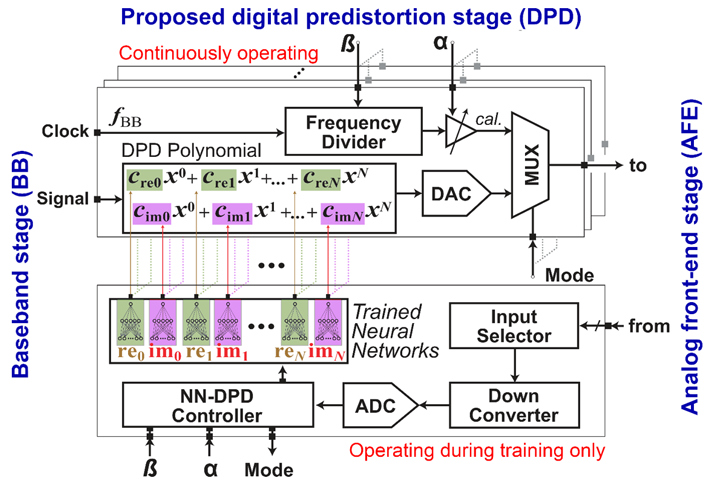QUANTUM IS SO HOT right now: with billion-dollar investments made this week and a new industry growth centre announced, there’s no better time to enter the world’s coolest high-tech industry of tomorrow.
On Tuesday, the Australian and Queensland Governments announced they would invest almost $1 billion into frontier technology company PsiQuantum to build the world’s first fault tolerant quantum computer. PsiQuantum, co-founded by Australians Prof Jeremy O’Brien and Prof Terry Rudolph, will reportedly create up to 400 new highly skilled jobs.
This came hot on the heels of an $18.4 million grant announced on Saturday to create a new Australian Centre for Quantum Growth that will catalyse the expansion of Australia’s quantum industry and ecosystem. The centre, led by the University of Sydney, is a consortium of 18 universities from around Australia, six state governments, 23 industry partners like quantum start-ups and technology companies Microsoft and Google, and 25 strategic partners such as venture capital and peak industry bodies. And these are just two of the initiatives under the government’s National Quantum Strategy.
Thousands of jobs to fill
“There’s no better time to get your foot in the door of this burgeoning new industry,” said Prof Peter Turner, CEO of Sydney Quantum Academy (SQA), a consortium member. “There will be thousands of jobs to fill over the next decade, and we need to train those people now. That’s why we have scholarships on offer: we need bright young people who are excited about creating this quantum future.”
A new round of SQA PhD Scholarships is being offered for postgraduate candidates undertaking research and training in a field related to quantum science and technology. They include SQA PhD Scholarships, SQA Partnership PhD Scholarships, and a new Next Generation Quantum Graduates Program Scholarships. Applications are now open, and close at midnight on Wednesday 15 May 2024.
Generous scholarships
Scholarships range from $37,684 to $41,650 per year, are offered for between 3.5 and 4 years at any of SQA’s four partner universities – UNSW, Macquarie University, UTS and the University of Sydney. At two of the universities – Macquarie and UTS – priority is given to women candidates.
They are open to Australian and New Zealand citizens and permanent residents, or any students entitled to stay in Australia, or to enter and stay in Australia. International students must either hold or be able to obtain a valid visa for the duration of the scholarship term (except for applicants to the Next Generation Scholarships, who must be citizens or permanent residents of Australia).
Scholarship recipients also take part in SQA’s unique PhD Experience program, a supportive community of PhD students who receive specialised training, seminars, networking and work experience opportunities, and who also organise their own social functions. Those applying for the Next Generation Scholarships also undertake specialised coursework with CSIRO.
Potential candidates can apply directly or search through the more than 100 SQA scientists and engineers working on quantum technologies in Sydney who are available to supervise PhD students.
What’s an SQA Scholarship like?
Read about the experience of current students Mingyu Sun at UTS, and Riddhi Ghosh at Macquarie University. Or read about Next Generation Program scholars Ven Chenniappan at UNSW, and Paulo da Silva Armi at the University of Sydney Business School.
Key Facts:
• Australia’s growing quantum industry will need to fill thousands of high-paying jobs over the next decade.
• Generous scholarships are currently on offer to train students in quantum technologies.
• Scholarships range from $37,684 to $41,650 per year.
About us:
Sydney Quantum Academy is a joint initiative between University of Sydney, UNSW, Macquarie University and the University of Technology Sydney, supported by the State Government of New South Wales. Its vision is to build Australia quantum economy by connecting academia, industry, and government; providing training and support for the next generation of quantum talent; and harnessing Sydney’s considerable collective expertise.








